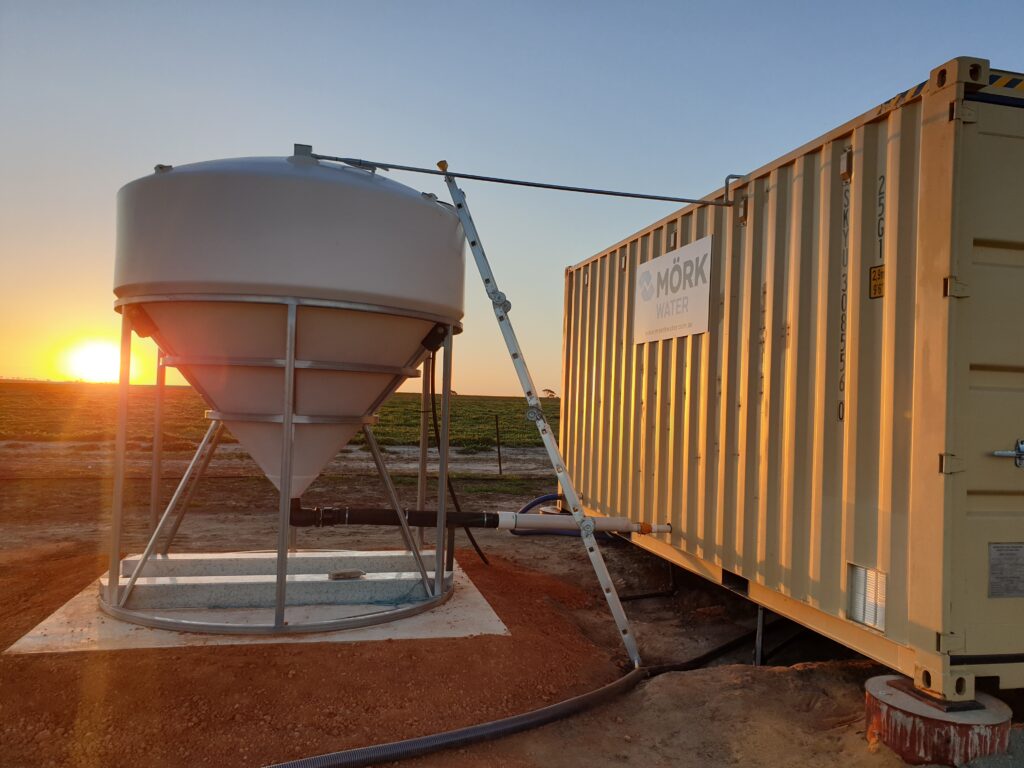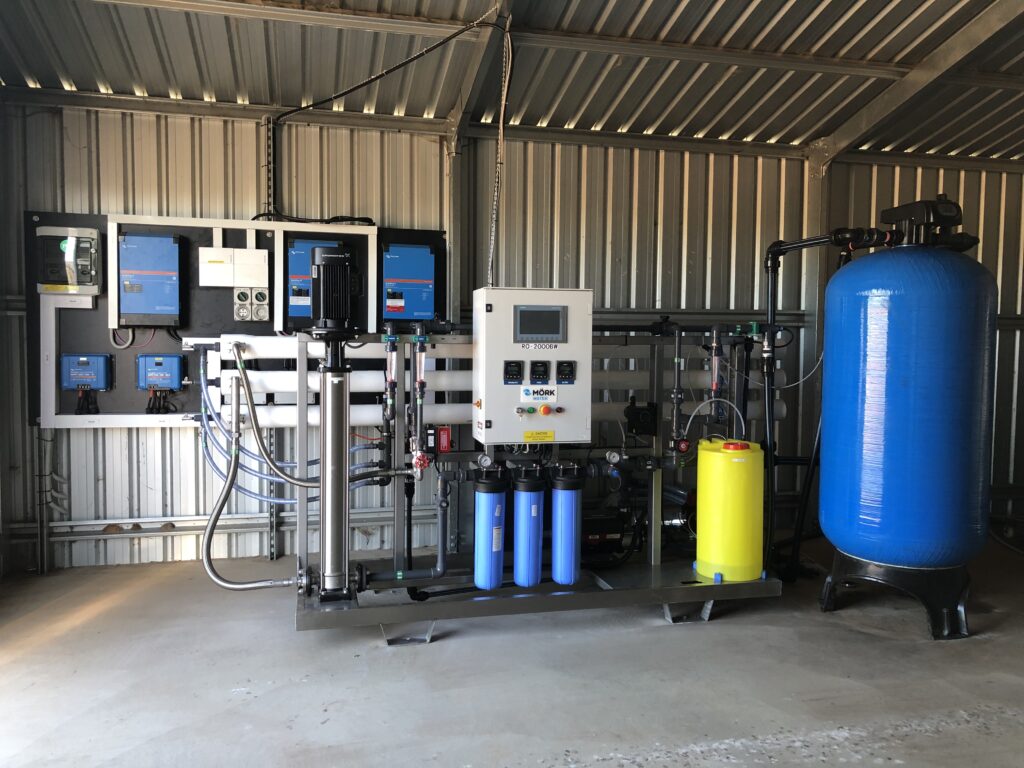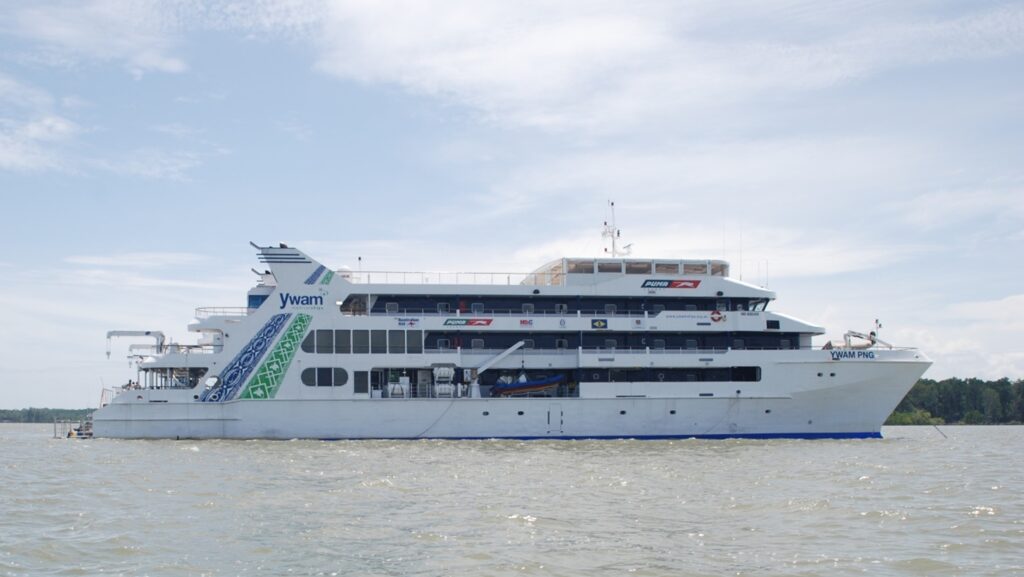Soak and dam water treatment
A consistent water supply is the lifeblood of a farm whether it is broadacre, livestock or horticulture focused. Soaks and dams provide a valuable source of readily accessible water for farms, particularly during the summer months when rainfall can be less consistent. However, water from a soak or dam may require further treatment before it can be used as it may contain biological, chemical or physical contaminants. E. Coli, nitrates and suspended clay particles are all commonly found in farm dams and soaks. Moerk Water have developed a wide variety of treatment systems that can produce potable water from these sources that are available in a range of capacities. Moerk Water is also part of the WaterSmart Dams project (led by the Grower Group Alliance in partnership with DPIRD) which is developing water planning tools and improving grower knowledge about dam treatment systems.

What are the options if there isn’t sufficient surface water or rainwater available?
Climate change is increasingly changing rainfall patterns resulting in prolonged drought conditions and more damaging storms that do not produce significant run off. Once surface water has been depleted onsite, many farmers are forced to either cart water in or drill for groundwater to carry them through dry periods. However, as Western Australia has some of the saltiest groundwater in the country many farmers are faced with groundwater sources too salty to use, forcing them to rely on water carting.
How can salty groundwater be treated?
Desalination, the process of producing low salinity water from salty water, allows for salty bores to be turned into a valuable water source for farms. Moerk Water is part of the WaterSmart Farms project, a DPIRD program that showcases how desalination systems can provide sustainable water for farms. By treating saline bores with desalination, farmers not only secure their water supply but can also tailor the amount of salt in the product water, essentially dialling in the salt concentration required for different applications. Although desalination systems do produce a waste stream, this waste can be dealt with by a variety of methods or even used as product water itself. Latest generation desalination systems can also produce very low volume waste streams. The WaterSmart Farms project is also examining methods to reduce the energy use of these systems and investigating the effectiveness of different waste stream disposal systems.

Your Next Step
Enquire now with Moerk Water Solutions to discuss securing your farm water supply.




